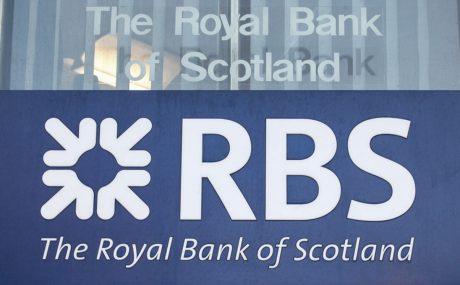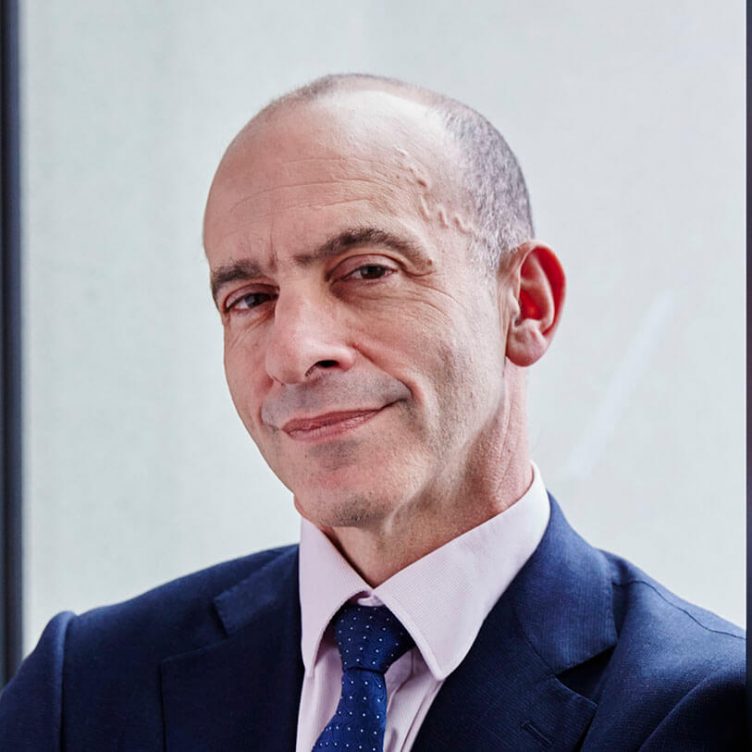Clive Zietman recently spoke to the International Bar Association’s Global Insight BA for an article that analyses regulatory reforms since the 2008 financial crisis and looks at the likelihood of a similar crisis occurring in the future. Clive talked about the weakness of the Serious Fraud Office and its failure to take action in the RBS case.
Below is an extract from Sleepwalking into another crisis by Jonathan Watson that appeared in IBA Global Insight on 15 December 2016.
“New ‘conflict free’ boutiques have emerged, willing to pursue financial institutions, along with litigation funding and associated insurance products, to spot claims, gather claimants and pursue large group actions,’ [Jonathan] Kitchin, [a partner at Michelmores and a member of the IBA Litigation Committee] adds.
“One of these ‘conflict free’ boutiques is Stewarts Law, which is acting on behalf of a number of institutions in a major compensation claim against Royal Bank of Scotland in the UK’s High Court over its decision to raise £12bn from shareholders in 2008 a few months before it collapsed.
“The RBS case provides an interesting summary of what came out of the financial crisis and what people expected to come out of it,’ says Clive Zietman, Head of Commercial Litigation at the firm. ‘I thought we would see a re-run of what happened in the late 1980s and early 1990s, which was a raft of fraud scandals like Guinness, Blue Arrow and Barlow Clowes. In fact, the scandals that emerged were so huge that they were almost too big to handle.’
“This kind of litigation in England is not for the faint-hearted. ‘You need a lot of money,’ admits Zietman. ‘RBS’s costs in this case are already over £100m, and we haven’t even got to the trial yet. This is why we haven’t seen as much litigation as expected. It’s scary. It takes masses of time, money and expertise to bring these cases and to bring them all together into a system that doesn’t really lend itself to class actions at all.’
In the US, by contrast, shareholders have much stronger rights for suing. ‘You have juries, you don’t have costs orders, you don’t have adverse costs, you have a whole class action system that we don’t have in England,’ says Zietman. ‘It’s much more difficult here for anyone to bring a claim of this kind.’
“Like Ben Bernanke in the US, Zietman highlights a lack of regulatory resources in the UK as one of the main factors working in the banks’ favour. ‘Look at the Serious Fraud Office (SFO),’ he says. ‘Has it actually got the resource, the expertise and the quality people to prosecute on the back of any new legislation? It’s all very well passing new laws, but you’ve got to follow through on it.’
“[Peder] Hammarskiöld [Senior Partner of Hammarskiöld & Co] agrees. ‘It’s very complicated, and you need highly skilled lawyers and professionals to convict people who commit serious fraud,’ he says. ‘Governments need to invest much more in order to get on top of that.’ As far back as the 1990s, the SFO couldn’t even convict anyone after Robert Maxwell was found to have stolen millions of pounds from a company pension scheme.”
Please click here to read the full article on the IBA website.
This article was first published in December/January 2016 issue of Global Insight and is reproduced by kind permission of the International Bar Association, London, UK. © International Bar Association.
You can find further information regarding our expertise, experience and team on our Commercial Litigation pages.
If you require assistance from our team, please contact us or alternatively request a call back from one of our lawyers by submitting this form.
Media contact: Lydia Buckingham, Senior Marketing Executive, +44 (0) 20 7822 8134, lbuckingham@stewartslaw.com


